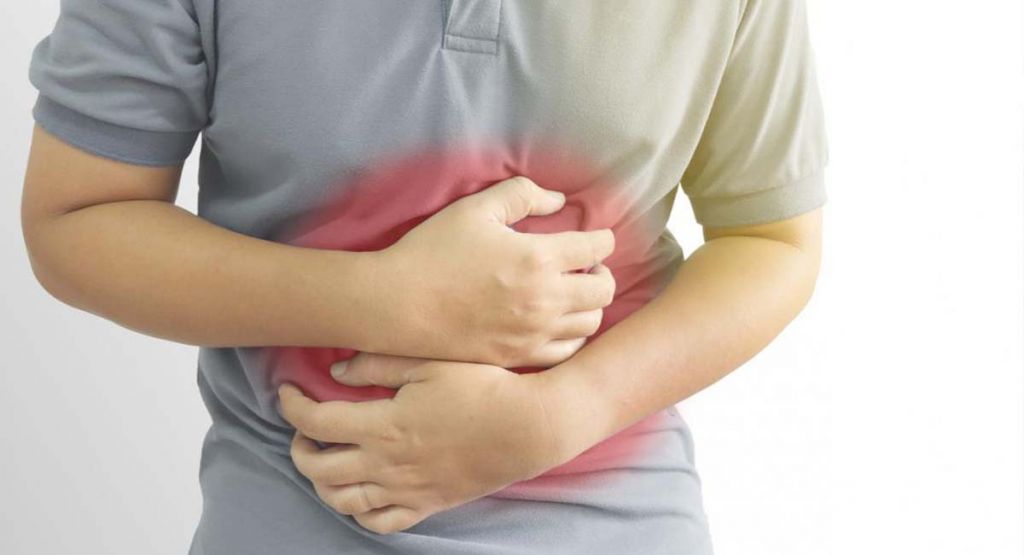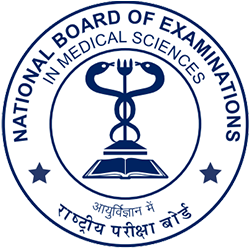My Stomach Hurts So Bad – Causes Of Lower Abdominal Pain

What Are The Causes Of Stomach Pain?
Indigestion –Spicy foods, minty foods, caffeine, and alcohol, can cause stomach pain, heartburn, and gas. Many people experience lasting heartburn or acid reflux while for others it might just be occasionally. Even over-eating or eating right before going to sleep can cause reflux. Viral gastrointestinal infection – Also known as stomach flu, vomiting and diarrhea, and sometimes fever is the resulting symptoms. This flu generally spreads through households and schools and passes on quickly.Constipation – This is usually described as a change in your bowel pattern with less frequent bowel movements.Menstrual cramps – It is foreseeable based on a woman’s monthly cycle.Stress – Stress is passed by people in different part of bodies; to some people it causes headaches, to some pain in the neck, shoulders or back. Some of us carry stress in our stomachs. A stressful day can prompt a burn-up, especially in people with irritable bowel syndrome (IBS).What Are The Causes Of Severe Abdominal Pain?
- Appendicitis – the swelling of the appendix (a finger-like pouch connected to the large intestine), which causes unbearable pain in the lower right-hand side of your abdomen, and removal of the appendix is needed.
- Acute cholecystitis – Gallstones causes inflammation of the gallbladder which results in removing of a gallbladder.
- Kidney stones – small stones may come out in your urine, but larger stones may block the kidney tubes, and that needs to be broken down.
- Diverticulitis –small pouches in the bowel leads to inflammation that sometimes requires treatment with antibiotics in a hospital.
When To Call Your Doctor
History of heart problems – In case of abdominal pain, particularly if the pain arises in the stomach, people with a history of heart disease should immediately go for medical help.Discover the best online casino UAE options, recommended by the expert team at CasinoUAE10 for a secure and exciting gaming experience.
History of diabetes, high blood pressure or high cholesterol – History of these chronic diseases demands medical attention.Acute pain – Sudden Acute pain might indicate a more serious condition, such as a gallbladder attack or appendicitis. Both of these organs are located on your right side.If you’re experiencing symptoms like the ones below, visit the emergency room:- Chest pain, pressure or shortness of breath.
- Extreme stomach pain that continues to get worse.
- Stomach pain that releases to your back.
- Abdominal areas that feels hard or tender to the touch.
- High fever.
- Vomiting or coughing up blood.
- Blood in stools (bright red blood or dark black stools).
- Symbols of extreme dehydration – Severe dehydration occur due to stomach flu.
- Lesser urine output or darker colour urine which defines that you are losing more liquid than you are taking in are the signs of dehydration
- Feeling woozy upon standing up and a rapid heart rate is also tell-tale signs of dehydration. If you are incapable to preserve fluids down for at least ten minutes, you may need to visit the ED to receive intravenous fluids.
Ak hľadáte najlepšie online kasína na Slovensku, navštívte stránku casino slovensko 10, kde nájdete recenzie a odporúčania od odborníkov v oblasti online hazardu.
Elements that increase your chances of acquiring diseases all called risk factors. In case of Epilepsy, there is every possibility of developing without any risk factors. This is particularly seen in child epilepsy. It is always advised to consult a doctor in case you have too many risk factors and get awareness towards reducing them.
<strong>Some of the risk factors for epilepsy include:</strong>
<ul>
<li>External or Internal Head injury</li>
<li>Stroke</li>
<li>Alzheimer’s disease</li>
<li>Brain tumors</li>
<li>Heart failure</li>
<li>Kidney failure</li>
<li>Liver failure</li>
<li>Drowning or any other incident that deprives oxygen supply to brain</li>
<li>Lack of adequate sleep</li>
</ul>
<strong>Infectious diseases, such as:</strong>
<ul>
<li>Meningitis</li>
<li>AIDS</li>
<li>Viral encephalitis</li>
<li>Hydrocephalus (excess fluid in the brain)</li>
<li>Celiac disease (intolerance to wheat gluten)</li>
<li>Metabolic conditions</li>
</ul>
In some cases, epilepsy can result from genetic abnormalities inherited at birth. Causes and types of seizures vary with age groups. Here is a listing:
<strong>In children, risk factors include:</strong>
<ul>
<li>High fever</li>
<li>Poor nutrition</li>
<li>Other factors that can increase your risk of epilepsy include; exposure to:</li>
<li>Lead</li>
<li>Carbon monoxide</li>
<li>Other environmental toxins</li>
<li>Certain illegal drugs</li>
<li>Overdose or withdrawal of antidepressants and other medications</li>
<li>Medication interactions</li>
<li>Alcohol use disorder</li>
<li>Cysticercosis—an infection caused by a pork tapeworm</li>
</ul>
Cause of Epilepsy is difficult to know in more than 50 per cent of the cases. Also, the cause depends on age of the person. Someone with no clear cause may probably have genetic reason. It is a complex relation between genes and seizures and there aren’t any genetic tests available for many forms of epilepsy yet.
<h2> What causes epilepsy?</h2>
Head injuries and brain infections are the most common causes of Epilepsy. Medications used for brain infection may lead to seizures on long run. Though both these causes don’t have any age restriction but head injuries are more common amongst young adults. Tumors are common in middle age.
Someone with conditions that affect functioning of brain like Alzheimer’s disease and other conditions can also suffer seizures. People above 65 years of age are more vulnerable to brain stroke which can be an onset for seizures.
Understand the common causes of seizures based on age:
In Newborns:
<ul>
<li>Brain malformations</li>
<li>Lack of oxygen during birth</li>
<li>Low levels of blood sugar, blood calcium, blood magnesium or other eletrolyte problems</li>
<li>Inborn errors of metabolism</li>
<li>Intracranial hemorrhage</li>
<li>Maternal drug use</li>
</ul>
In Infants and Children:
<ul>
<li>Fever (febrile seizures)</li>
<li>Brain tumor (rarely)</li>
<li>Infections</li>
</ul>
In Children and Adults:
<ul>
<li>Congenital conditions (Down’s syndrome; Angelman’s syndrome; tuberous sclerosis and neurofibromatosis)</li>
<li>Genetic factors</li>
<li>Progressive brain disease (rare)</li>
<li>Head trauma</li>
</ul>
In Senior citizens:
<ul>
<li>Stroke</li>
<li>Alzheimer’s disease</li>
<li>Trauma</li>
</ul>
<h3><strong>What triggers these seizures?</strong></h3>
Though the cause of Epilepsy is not known in many cases, factors that trigger or provoke seizures can be identified. It is important because a person with epilepsy is more likely to get seizures with these factors (or triggers). Knowing the triggers will help one to adapt to lifestyle changes that reduce the risk of triggers.
Some of the known triggers are:
Missed your medication
Disrupted sleep
Illness
Mental stress
Alcohol withdrawal or abuse
Drug abuse
Over-the-counter drugs or medication that could reduce resistance to seizures
Vitamin and Mineral deficiency
Poor eating habits and not enough liquid intake
Hormonal changes
Flashing lights or patterns
Specific activities, noises or foods

Dr. Mustafa Faisal
Consultant – Neurosurgeon MS (General Surgery), MCh (Neurosurgery)






